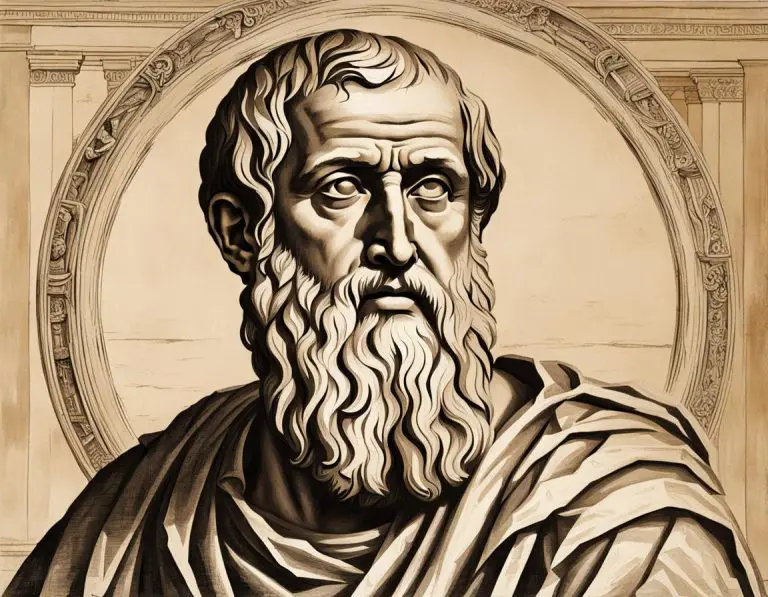Understanding the Relationship Between the Elements of the Tripartite Soul
A central aspect of the Tripartite Soul, as described by Plato in his Republic, is the relationship between its three elements: the rational, the spirited, and the appetitive. These elements are depicted as distinct parts of the soul, each with its own characteristics and functions. The rational element represents our capacity for reason, logic, and critical thinking. It is the part of the soul that seeks truth, wisdom, and understanding. In contrast, the spirited element embodies our courage, ambition, and competitive drive. This aspect of the soul is associated with our emotional responses to challenges and injustices, as well as our sense of honor and pride. Finally, the appetitive element pertains to our desires, cravings, and basic instincts. It is the part of the soul that seeks pleasure, gratification, and fulfillment of physical needs.
Voluntary Element
The voluntary element of the tripartite soul, as described by Plato, plays a crucial role in governing one’s actions and decisions. This aspect represents the rational part of the soul, which is responsible for making choices based on reason and wisdom. It is this element that guides individuals towards moral conduct and virtuous behavior, steering them away from their base desires and impulses.
By cultivating the voluntary element of the soul, individuals can develop a sense of self-control and inner harmony. Through self-reflection and introspection, one can align their actions with their values and principles, leading to a life guided by virtue and excellence. Embracing the rational aspect of the soul allows individuals to rise above the influence of their appetites and emotions, empowering them to make decisions that are in line with their true selves and the greater good.
Implementing Virtue in the Tripartite Soul
Implementing virtue in the tripartite soul involves cultivating excellence and moral character within each element. The rational element of the soul strives for wisdom, knowledge, and reason, driving individuals to make rational decisions that align with moral principles. By nurturing this aspect, individuals can develop a sense of wisdom that guides their actions towards the greater good.
The spirited element of the soul embodies courage, honor, and determination, fueling individuals to act bravely in the face of challenges and adversity. Cultivating this element involves fostering a sense of courage and resilience that empowers individuals to confront obstacles with strength and integrity. When the spirited element is aligned with virtue, individuals can navigate difficult situations with grace and valor, staying true to their moral values.
Involuntary Element
The concept of the involuntary element within the tripartite soul is crucial for understanding human behavior and decision-making. This element represents the instinctual and emotional aspects that influence our actions without conscious control. It is the part of the soul that responds immediately to stimuli, often driven by desires, emotions, and immediate gratification.
In Plato’s theory, the involuntary element can sometimes override the rational and virtuous aspects of the soul, leading to impulsive behaviors and moral conflicts. Understanding and acknowledging this element within ourselves can help us reflect on our actions, recognize our weaknesses, and strive towards achieving a harmonious balance between reason and emotion within our souls.
Maintaining Equilibrium in the Tripartite Soul
Maintaining equilibrium in the tripartite soul is a fundamental aspect of leading a well-balanced and virtuous life. The moral element, which represents the rational aspect of the soul, plays a crucial role in ensuring that the other two elements, the voluntary and involuntary aspects, remain in harmony. When the moral element is cultivated and strengthened through the practice of virtue, it serves as a guiding force that helps to keep the desires of the other elements in check. This balance is essential for individuals to make rational decisions and act in accordance with their values and principles.
Furthermore, achieving equilibrium in the tripartite soul requires a continuous effort to align one’s actions with reason and moral virtues. By understanding and implementing virtues such as courage, temperance, and wisdom, individuals can maintain harmony within themselves and promote a sense of inner peace and well-being. Cultivating these virtues not only strengthens the moral element of the soul but also allows individuals to navigate complexities and challenges with integrity and clarity. Ultimately, by striving to uphold a balance between reason, desire, and moral guidance, individuals can lead a more fulfilled and purposeful life.
Moral Element
In the realm of the Tripartite Soul, the Moral Element stands as a beacon of virtue and righteousness. Within this element lies the core values and principles that guide an individual’s actions and decisions. It acts as the moral compass, directing one towards the path of goodness and justice. The Moral Element transcends the boundaries of selfish desires and urges, instead focusing on what is right and just for the greater good of society.
Furthermore, the Moral Element instills a sense of duty and responsibility within the individual, urging them to uphold ethical standards and make choices that align with their moral convictions. It empowers one to resist temptation and act with integrity even in the face of adversity. By nurturing the Moral Element of the Tripartite Soul, individuals can cultivate a strong sense of character and become beacons of moral excellence in the world around them.
Related Links
Why The Allegory of the Cave is Relevant Today
Historical Context of Plato’s Philosophy
